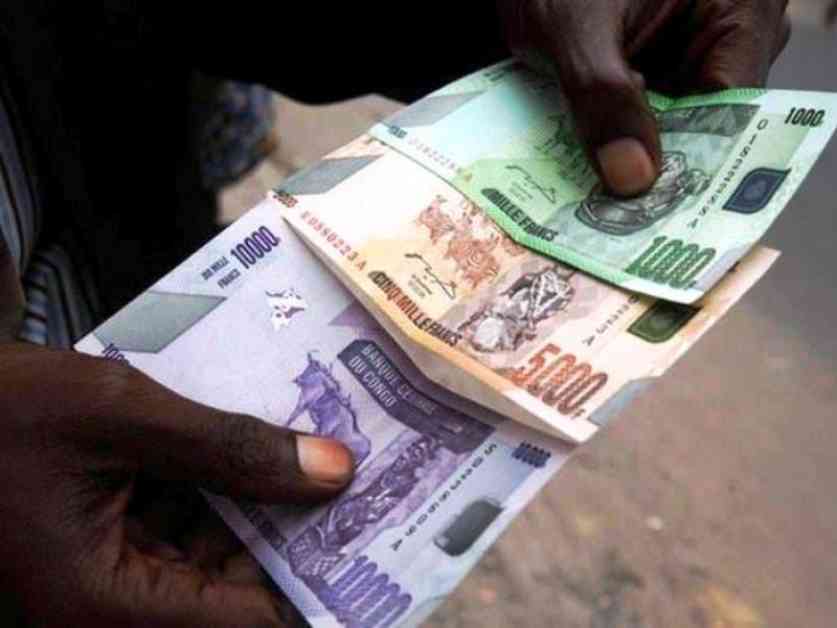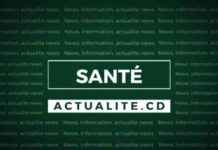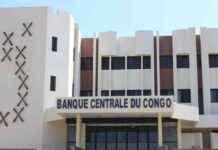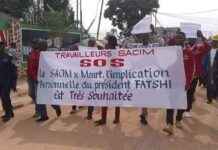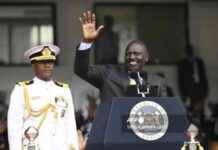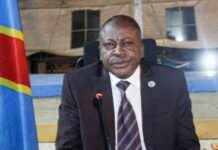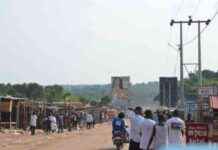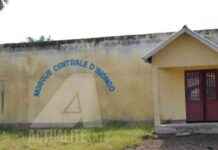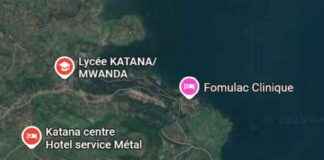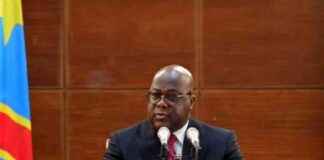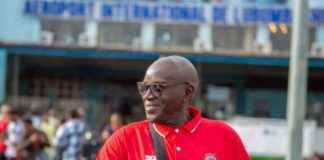The Pan-African Network Against Corruption (UNIS) has recently made a bold proposal, urging the government to increase financial transparency in the Democratic Republic of the Congo by disclosing the salaries of all public officials. This call to action was revealed in a report released on February 24th, focusing on reducing the extravagant lifestyle of political institutions in the country.
UNIS emphasized the importance of making the salaries and actual bonuses of state officials accessible to the public at all levels. According to the organization, this move would lead to several benefits, including a fairer compensation system within the public sector and easier financial oversight. The lack of transparency surrounding public officials’ salaries is believed to perpetuate widespread institutional corruption in the DRC, as highlighted in UNIS’s report.
The push for greater financial transparency is part of a broader effort to combat corruption and streamline the operations of political institutions in the country. In 2022, opposition leader Martin Fayulu revealed that each of the 500 national deputies in the assembly receives a monthly salary of $21,000. This disclosure shed light on the hidden realities caused by the lack of transparency in the remuneration of Congolese political institutions.
Despite promises from President Félix Tshisekedi and his government to disclose public officials’ salaries, little progress has been made in this regard. Former Minister of Finance Nicolas Kazadi, during a conference with the IMF, mentioned the president’s desire for greater clarity and transparency by making the salaries of all government officials public. However, the actual publication of this information has yet to materialize, indicating a reluctance among Congolese political leaders to fulfill this commitment.
The issue of excessive bonuses within Congolese institutions has also been brought to light by UNIS. The organization raised concerns about the proliferation of unnecessary structures and missions driven by these bonuses, depleting the public treasury. According to UNIS, the dominance of bonuses over salaries in the Congolese public sector has led to the creation of redundant structures and missions, perpetuating inequality and draining public resources.
Expert Insights on Financial Transparency
Jean-Baptiste Leni, a financial analyst specializing in African economies, highlighted the critical role of financial transparency in ensuring accountability and preventing corruption. He emphasized that disclosing public officials’ salaries is a crucial step towards fostering trust between the government and its citizens. “Without transparency in financial matters, there is always a risk of mismanagement and abuse of power, which can have far-reaching consequences for a country’s development,” Leni stated.
Challenges and Opportunities for Reform
While the call for increased financial transparency in the DRC faces significant challenges, such as political resistance and bureaucratic hurdles, there are also opportunities for meaningful reform. By engaging in dialogue with civil society organizations, international partners, and grassroots movements, the government can create a more inclusive and transparent system that benefits all citizens. Implementing robust mechanisms for monitoring and accountability will be crucial in ensuring that the disclosure of public officials’ salaries leads to tangible improvements in governance and financial management.
As the debate on financial transparency continues to unfold in the DRC, the voices of advocacy groups like UNIS, expert analysts, and concerned citizens will play a pivotal role in shaping the country’s future. By holding leaders accountable and demanding greater openness in financial matters, the Congolese people can strive towards a more equitable and accountable society.
